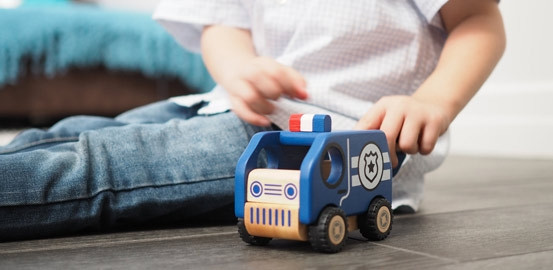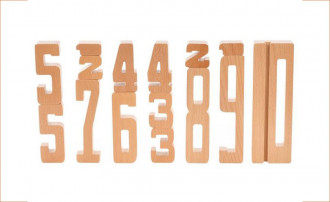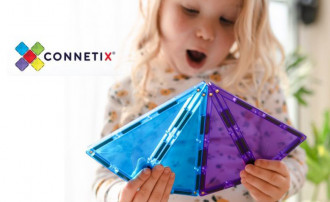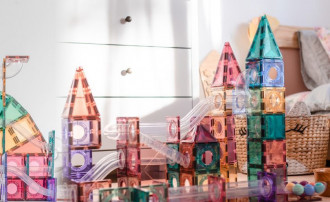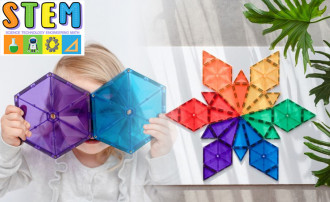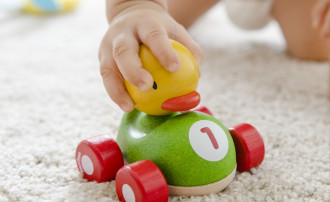To find out we combined our years of industry knowledge with some unbiased research to generate a 4-point test for each type of toy to gauge their safety. These points are:
- Chances of choking.
- Chances of toxicity or poisoning
- Chances of physical injury
- Chances of disease (Tetanus, etc)
We’ve tested each type of toy and scored them out of 10, with the highest being the best. This test is only general as we couldn’t test all difference toys of each area, but it does provide a clear winner for overall child friendly toys.
So without further ado, here’s what we found…
1. Chances of Choking.
Choking hazards account for 16 deaths a year among kids in the United States, and cause substantial damage to countless others. That’s why we tested choking first, as its by far one of the most important aspects to measure for kids toys. What we found is that overall Plastic toys have the highest chance of choking for a few reasons. Firstly, a lot of plastic toys contain small parts which detach from the body of the toy. And secondly, being smooth they are very appealing for kids to put in their mouths. This is why plastic toys scored the lowest in this category with a 4/10. Coming in second place was metal toys, with a 6/10, and topping the list was wooden toys with an 8/10. The reason why wooden toys scored so high as a category is because the actual material isn’t as appealing for children to put in their mouths than its smoother counterparts in plastic & metal.
2. Chances of toxicity or poisoning
The second safety category is the chances of toxicity or poisoning from playing with the toys. In last place came metal toys due to their increased chances of rusting & flaking paint. It scored a 5/10. In second place was Plastic with a 7/10. There are some BPA free toys on the market currently, but the vast majority aren’t. This means if your child chews on them after they’ve sat in the sun for a few hours then they may be ingesting harmful chemicals. And once again the winner was wooden toys with a 7.5/10 The reason why wooden toys didn’t score higher in this safety test was because some brands (which we don’t stock), use sealers which may flake off if chewed. With this said, they are still safer than the paint in metal toys as there is no chances of lead in them.
3. Chances of injury
We all know kids can hurt themselves when playing, so as parents it's our responsibility to decrease this risk. Our study revealed that children that played with metal toys are more likely to get hurt through ‘pinches’ with moving parts, or on sharp edges. This earned metal toys a 7/10. In second place was Plastic toys with a 7.5. They earned this rating because many plastic toys have sharp corners (Think the dreaded lego), that can hurt your little one. Once again the winner (I swear we’re not being biased here!) is wooden toys with a 9/10. They are generally smooth with few, if any sharp edges for kids to hurt themselves with. Also because they don’t heat up in the sun, there is a very low chance of your kid burning themselves after their favourite toy has been sitting in the car.
4. Chances of Disease & Carrying Germs
It mightn’t sound like much, but kids toys are one of the largest transfers of germs in the household. Scoring last again with a 6/10 was metal toys that not only can carry germs, but if rusting can exposure your kids to tetanus. In second place is wooden toys with a 7.5/10. This is because they aren’t as easy to clean as plastic toys. And winning this section is plastic toys with a 9/10 solely because they are the easiest to clean and can’t absorb any nasty germs. The results: After tallying up all the results, here is how they scored. In third place: Metal toys with 24/40 In second place: Plastic toys with 27.5/40 And the winner, with 32/40 is wooden toys. As we mentioned earlier, this is an overview of the categories and the results may differ for example if you were comparing plastic toy trains vs wooden toy trains.

